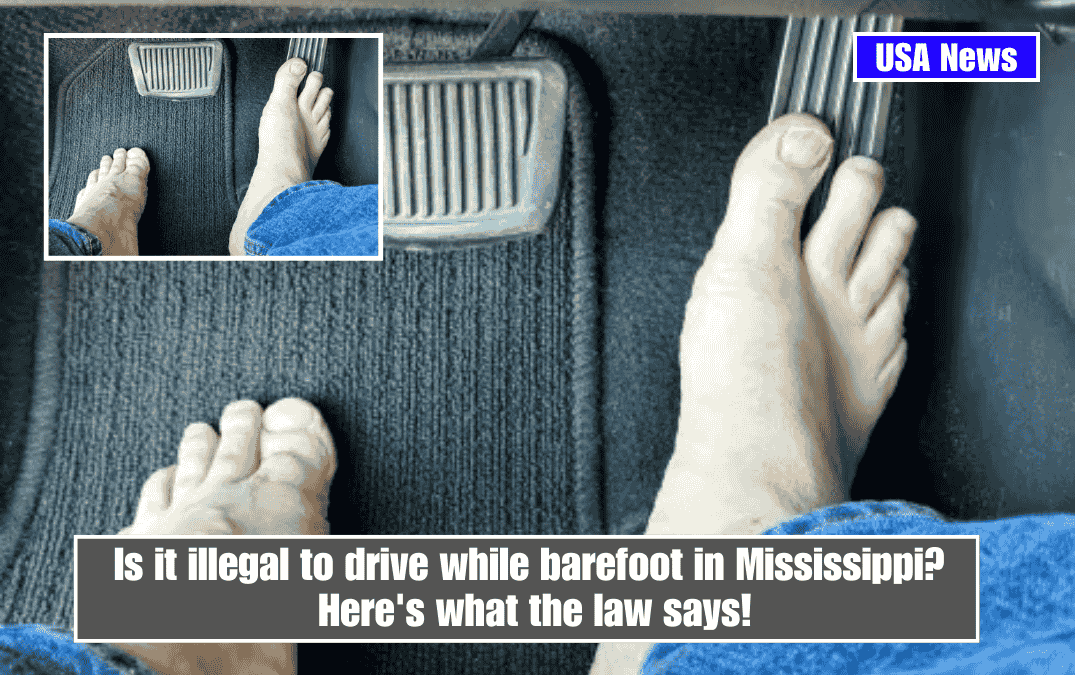West Virginia’s “Stand Your Ground” law, a variation of the Castle Doctrine, provides residents with the legal right to use force, including deadly force, to defend themselves without a duty to retreat when they are lawfully present in a location. This law is designed to protect individuals who face imminent threats of harm and ensures they are not required to flee before defending themselves.
Overview of Stand Your Ground Law in West Virginia
West Virginia’s Stand Your Ground law extends the principles of the Castle Doctrine beyond the home. Under this law:
- A person who is not engaged in unlawful activity and is attacked in any place where they have a legal right to be has no duty to retreat.
- They can use force, including deadly force, if they reasonably believe it is necessary to prevent imminent death or serious bodily harm to themselves or others.
This legal framework provides immunity from criminal prosecution and civil lawsuits when defensive force is used under these circumstances.
Key Provisions
- No Duty to Retreat: Unlike older self-defense laws that required individuals to retreat if possible, West Virginia’s Stand Your Ground law allows individuals to “stand their ground” and meet force with force.
- Reasonable Belief: The use of deadly force must be based on a reasonable belief that it is necessary to prevent imminent harm or death.
- Immunity from Prosecution: Individuals acting under the Stand Your Ground law are generally immune from criminal charges and civil liability unless their actions are deemed unreasonable or unlawful.
Application of the Law
The Stand Your Ground law applies in various settings, including:
- Homes (Castle Doctrine): Individuals have an absolute right to defend their home against intruders.
- Public Spaces: If attacked in a place where they are legally allowed to be, individuals can use defensive force without retreating.
However, the law does not protect individuals who provoke violence or engage in illegal activities at the time of the incident.
Limitations and Exceptions
While West Virginia’s Stand Your Ground law provides robust protections for self-defense, there are limitations:
- The use of force must be proportionate to the threat faced. Excessive or unreasonable use of force may result in criminal charges.
- The law does not apply if the individual using force was committing a crime at the time.
- Claims of self-defense may be subject to judicial review to determine whether the belief of imminent harm was reasonable.
Controversies and Criticisms
Stand Your Ground laws have been controversial nationwide due to concerns about potential misuse or racial bias in their application. Critics argue that these laws may embolden individuals to use deadly force unnecessarily. Supporters, however, maintain that such laws empower citizens to protect themselves without fear of legal repercussions.
West Virginia’s Stand Your Ground law provides significant legal protections for individuals defending themselves against imminent threats. By removing the duty to retreat, it ensures that residents can act decisively when their safety is at risk.
However, those relying on this defense must act reasonably and within the bounds of the law. Understanding these provisions is essential for anyone seeking to exercise their rights under this statute.
SOURCES:-
[1] https://gun-safety.com/west-virginia/west-virginia-castle-doctrine/
[2] https://www.wvlegislature.gov/bill_status/bills_text.cfm?billdoc=hb2187+intr.htm&yr=2025&sesstype=RS&i=2187
[3] https://legiscan.com/WV/text/HB2592/id/3127659/West_Virginia-2025-HB2592-Introduced.html
[4] http://www.wvlegislature.gov/bill_text_html/2008_SESSIONS/RS/bills/hb2564%20intr.htm
[5] https://enews.wvu.edu/articles/2024/07/01/w-va-campus-self-defense-act-now-in-effect









